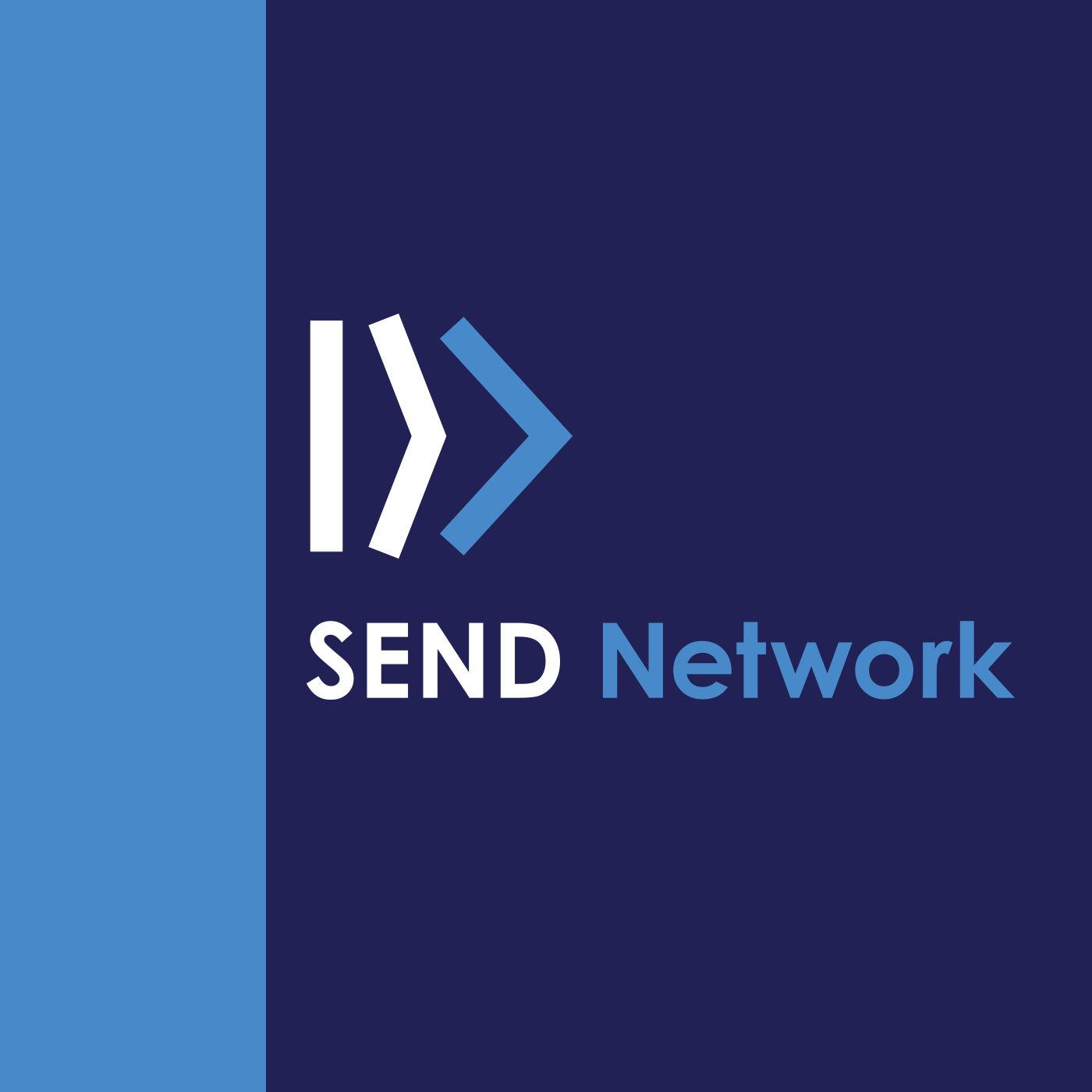Send Network Ongoing Training of Trainers Podcast with Daniel Yang
Daniel is the Director of the Send Institute, leading and overseeing all of its initiatives. Prior to directing the institute, he planted a church in Toronto where he also helped recruit, assess and train church planters through the Send Network and the Release Initiative. Daniel has served on various church staffs including Northwood Church, led by Bob Roberts Jr., where he was trained as a church planter and was involved in global, multi-faith engagement. Prior to church planting, Daniel was an engineer for eight years. He earned an M.Div. from Southwestern Baptist Theological Seminary, a B.S. in Computer Science from the University of Michigan and is currently a Ph.D. Intercultural Studies student at Trinity Evangelical Divinity School.
Before you listen to the podcast with Daniel Yang, rate yourself on a scale of 1-10, 10 being high.
10 – This always describes me as a trainer.
7 – This usually describes me as a trainer.
5 – This sometimes describes me as a trainer.
3 – This rarely describes me as a trainer.
1 – This never describes me as a trainer.
___ I am simultaneously training my planters to act locally and globally.
___ When I train planters, I spend time thinking through how I will leverage my own unique, missional cross-cultural experiences.
___ I know what the elements of a multiplying church are, and, as a result, I train planters to start Multiplication Centers.
___ I am committed to being flexible and agile as a trainer as well as committed to using our Send Network systems and structures.
___ When I train, I encourage planters to give “regular people” in the church plant the opportunity to feel called to missional ministry without having to do the church “dog and pony show.”
___ Your score. What does this score tell you about your readiness to train planters to launch Multiplication Centers
Now, listen to the podcast with Daniel Yang, and answer to following questions.
In speaking about Tampa Underground Daniel pointed out, “What they have been able to capture is giving a pathway to those called to missional ministry in a particular context without having to do the church ‘dog and pony show.’” Daniel encouraged us to think about how to release regular people to engage in regular communities with a little bit of training and a little bit of oversight. How will you seek to release and train a new “regular person” in your current ministry context?
Daniel talked on the podcast about the influence that Bob Roberts had on him. He learned that the world is shrinking, and we have to act locally and globally simultaneously. Bob encouraged him, “You need to stop thinking like a minority and start thinking like a global citizen.” Who are you influencing who might need a similar encouragement? What are the implications for planters to start thinking like global citizens?
When we think of missional encounters, we typically think of the more privileged reaching the less privileged, of majority people reaching those on the fringes. Daniel, however, is a person of color from an immigrant background, who grew up in the projects. When he was at Northwood Church in Dallas with Bob Roberts, he had to ask himself, “How do I incarnate myself into a white, suburban suburb?” How might you leverage your own challenging, cross-cultural experiences in missions to make you a better trainer for church planters?
Daniel recalled training a Pakistani, South Asian planter in Toronto. He mentioned that it was challenging for our training—which is more organizational in structure—to be useful in his more family-oriented, socially-organic context. What other culturally challenging contexts have you faced in training planters? How have you overcome those challenges?
Send Network Training helps Daniel begin to think of his church plant as a Multiplication Center. He mentioned five elements that were present in his church plant in Toronto for the church to become a Multiplication Center:
- Having a definite vision for multiplication
- Being intentional
- Raising up leaders from within
- Using the Send Network Training to provide immediate handles for leaders
- Inviting interns to be trained along with planters
Which of these elements do you most need to implement right now in order for your church to be a Multiplication Center? When will you start? Who will help you?
Daniel warns us about the danger being over-committed to our systems and treating church planting as an industry. He pointed out that this could limit the creative processes and the innovation we need to see true multiplication happening in the future. Without compromising the integrity of our current training, how can we as trainers and creators of Multiplication Centers become more flexible and agile?
Take some time to reflect on the experience of listening to this interview with Daniel. Ask yourself, “What have I learned? What is one personal practice that I need to implement?” Write down your answers. Tell someone—a team member, a fellow trainer or your Regional Send Network Trainer—about the changes you want to make. Ask them to pray with you and encourage you. Now, develop a strategy—next steps—to make those changes a reality.
Learn more about Daniel’s work at sendinstitute.org, on Send Institute on Facebook and @SendInstitute on Twitter. You can email Daniel at [email protected]. Read about Daniel’s passion “You Should Be Thinking About 2050: North American Church Planting Capacity for the Next Generation.” You can also follow Daniel on Twitter at @koobxwm.
Published November 27, 2018
